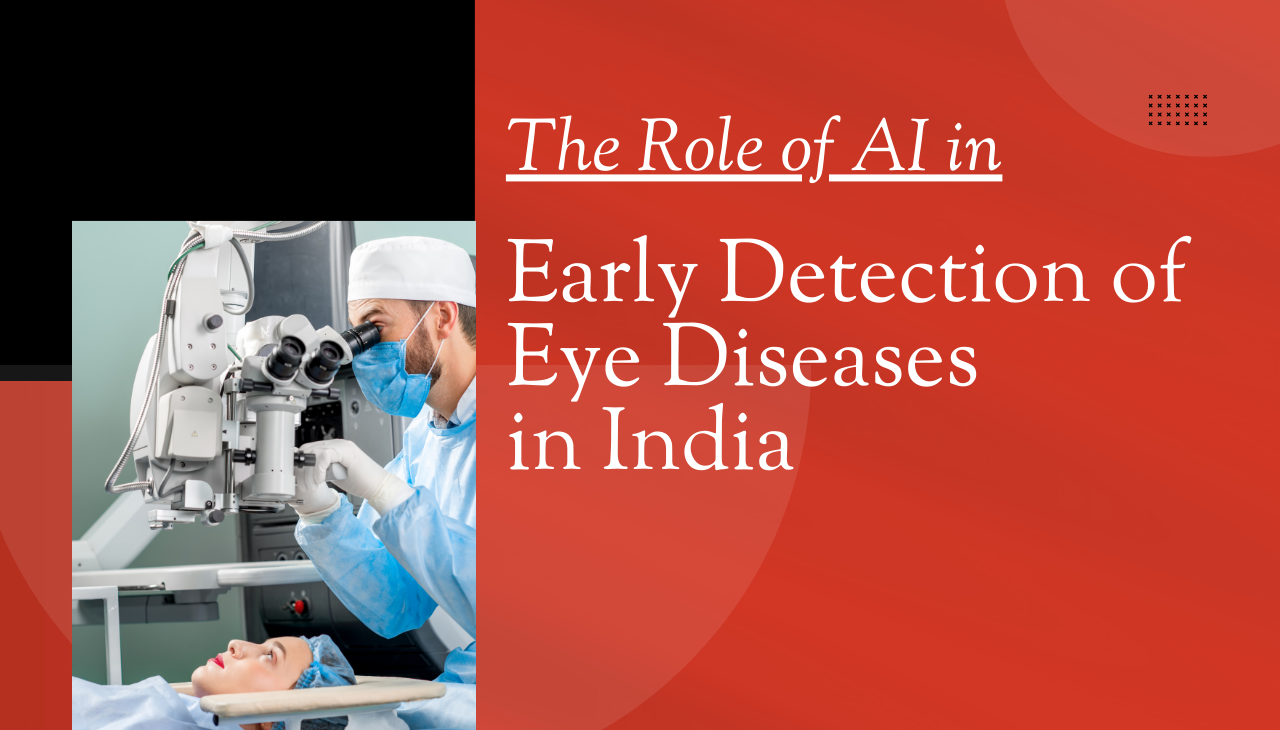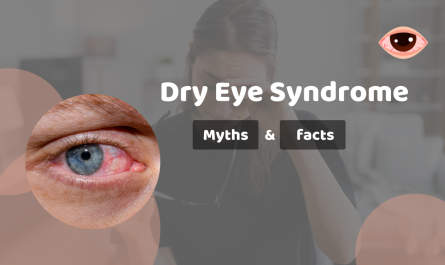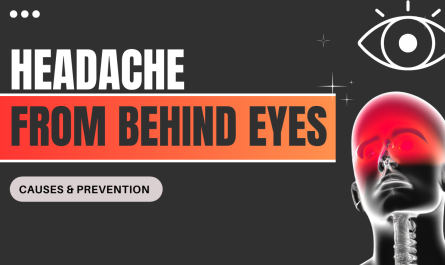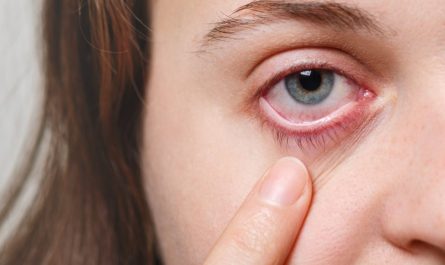Advancements in artificial intelligence (AI) are revolutionizing healthcare, and the field of ophthalmology is no exception. With millions of people in India suffering from preventable and treatable eye conditions, the integration of AI in eye care is proving to be a game-changer. AI-powered technologies are now enabling early detection, accurate diagnosis, and effective management of various eye diseases, ensuring timely treatment and preventing vision loss.
In this blog, we explore the transformative role of AI in the early detection of eye diseases in India, its applications, benefits, and the future it holds for ophthalmology.
The Eye Health Challenge in India
India faces significant challenges in managing eye health:
- High Prevalence of Eye Diseases: Conditions like cataracts, glaucoma, diabetic retinopathy, and macular degeneration are common.
- Limited Access to Specialists: A shortage of ophthalmologists, especially in rural areas, delays diagnosis and treatment.
- Late Diagnosis: Many eye diseases are asymptomatic in the early stages, leading to late detection and irreversible damage.
AI is addressing these challenges by providing scalable and accessible solutions for early detection and intervention.
How AI Detects Eye Diseases Early
AI leverages machine learning algorithms and advanced imaging techniques to analyze eye health with remarkable accuracy. Here’s how it works:
1. Analyzing Retinal Images
AI systems process high-resolution retinal images to detect early signs of diseases like:
- Diabetic Retinopathy: Identifies microaneurysms, hemorrhages, and other abnormalities.
- Macular Degeneration: Spots early changes in the macula.
- Glaucoma: Measures optic nerve damage and intraocular pressure.
2. Screening Large Populations
AI-powered tools can screen thousands of patients in a short time, making mass eye check-ups efficient and effective.
3. Providing Instant Diagnoses
AI systems generate immediate results, helping doctors make quicker decisions and initiate treatments without delays.
Applications of AI in Eye Care
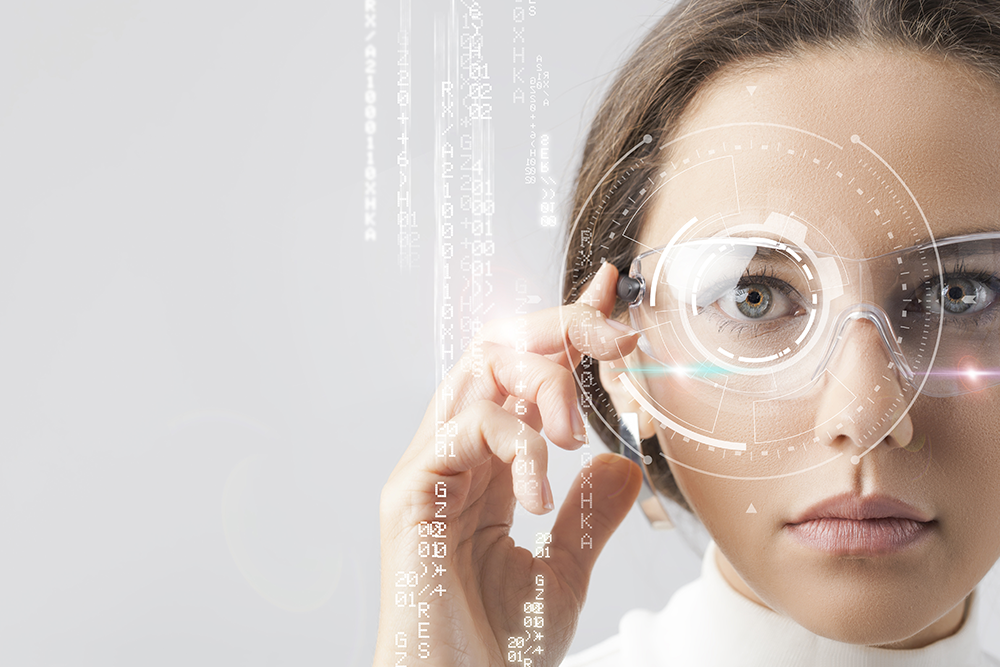
AI has diverse applications in ophthalmology:
1. Diabetic Retinopathy Screening
AI tools, like those used in fundus photography, identify diabetic retinopathy in its earliest stages, preventing complications.
2. Glaucoma Detection
AI algorithms analyze optic nerve scans to detect glaucoma even before symptoms appear, enabling early intervention.
3. Corneal Disease Diagnosis
AI models assess corneal thickness and curvature to detect keratoconus and other corneal conditions.
4. Cataract Screening
Automated systems help diagnose cataracts, streamlining pre-surgical evaluations.
5. Tele-Ophthalmology
AI enables remote diagnosis and consultation, bringing quality eye care to underserved areas.
Benefits of AI in Eye Care
- Early Detection: Identifies eye diseases at the earliest stages, improving outcomes.
- Improved Accuracy: Minimizes human error in diagnosis with precise algorithms.
- Cost-Effectiveness: Reduces the need for extensive diagnostic tests and specialist consultations.
- Accessibility: Brings quality eye care to remote and rural regions.
- Efficiency: Streamlines workflows, allowing ophthalmologists to focus on patient care.
Challenges and Ethical Considerations
While AI offers immense potential, there are challenges to its widespread adoption:
- Data Privacy: Ensuring patient data confidentiality is crucial.
- Initial Costs: Implementing AI technology requires significant investment.
- Training and Awareness: Educating healthcare professionals about AI tools is essential.
- Human Oversight: AI cannot replace doctors; human expertise remains vital in complex cases.
AI in Eye Care: A Success Story in India
India has witnessed remarkable success in integrating AI into ophthalmology. For example:
- AI-Powered Screening Camps: Large-scale screening initiatives in rural areas have diagnosed diabetic retinopathy and cataracts early.
- Collaborations with Startups: Indian startups are developing AI tools for cost-effective retinal imaging and disease detection.
- Government Support: Initiatives like the National Program for Control of Blindness promote AI integration in eye care.
Laxmi Eye Hospitals: Pioneering AI in Eye Care
At Laxmi Eye Hospitals, we embrace cutting-edge technology, including AI-powered diagnostic tools, to provide superior eye care. Our expert ophthalmologists utilize AI for:
- Early detection of diabetic retinopathy, glaucoma, and other eye conditions.
- Personalized treatment plans based on precise AI assessments.
- Efficient and accurate screenings during mass eye camps.
With branches in Dombivli, Panvel, Kharghar, Kamothe, Laxmi Eye Hospitals is at the forefront of revolutionizing eye care in Mumbai and Navi Mumbai.
Book your consultation today to experience the benefits of AI-driven precision in eye health management.
The Future of AI in Eye Care
The integration of AI in ophthalmology is just beginning. Future advancements promise:
- Enhanced predictive models for disease progression.
- Real-time monitoring of chronic eye conditions.
- Integration with wearable devices for continuous eye health tracking.
As AI evolves, it will play a pivotal role in eliminating preventable blindness and ensuring accessible, high-quality eye care for all.
Conclusion
AI is transforming the landscape of eye care in India, offering hope for early detection and effective management of eye diseases. By bridging gaps in access and accuracy, AI ensures timely interventions, especially for conditions like diabetic retinopathy and glaucoma.
At Laxmi Eye Hospitals, we are proud to lead the way in leveraging AI to protect and enhance vision. Trust us for advanced, AI-driven eye care solutions tailored to your needs. Your vision is our mission—schedule your appointment today!

